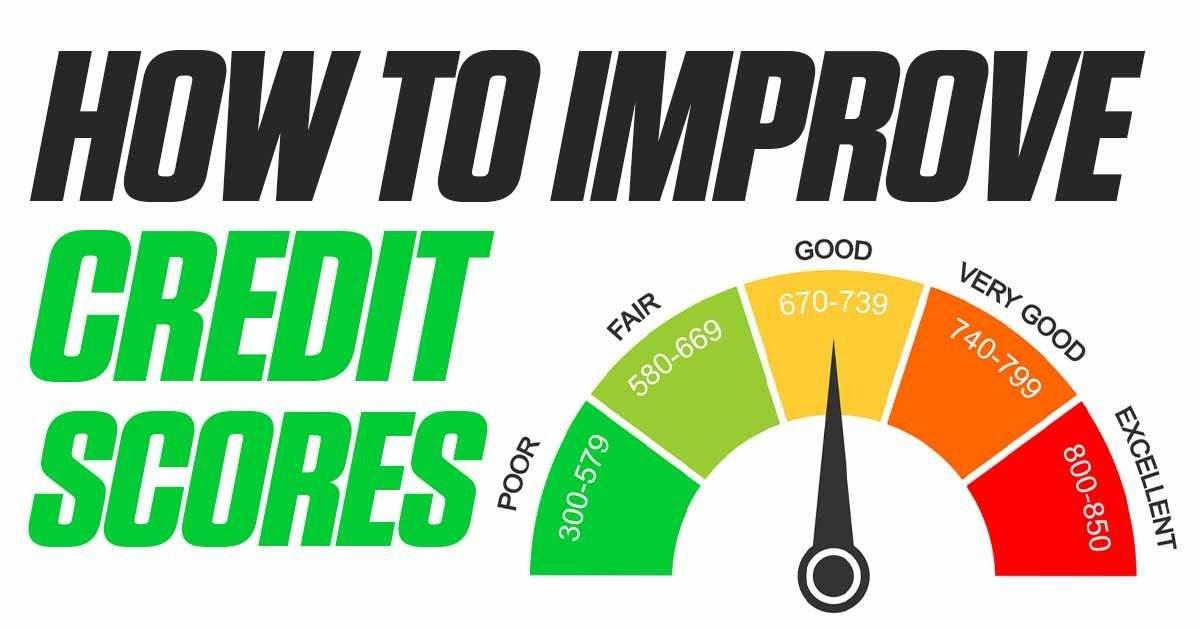Your credit score is a crucial component of your financial health. It affects your ability to secure loans, rent apartments, and even get certain jobs. Understanding the basics of credit scores and how to improve yours can significantly impact your financial future. Here’s a comprehensive guide to help you navigate this important aspect of personal finance.
What is a Credit Score?
A credit score is a three-digit number that represents your creditworthiness. Lenders use this score to evaluate the risk of lending you money. The most commonly used credit scores are FICO scores, which range from 300 to 850. The higher your score, the better your creditworthiness.
Components of a Credit Score
Understanding what factors into your credit score can help you take steps to improve it. Here are the key components:
- Payment History (35%)
- Your record of paying bills on time is the most significant factor. Late payments, collections, and bankruptcies negatively impact your score.
- Amounts Owed (30%)
- This refers to your credit utilization ratio, which is the amount of credit you’re using compared to your total available credit. A lower ratio is better.
- Length of Credit History (15%)
- The longer your credit history, the better. This includes the age of your oldest account, the average age of all accounts, and the age of specific account types.
- Credit Mix (10%)
- A diverse mix of credit accounts (e.g., credit cards, mortgages, auto loans) can positively influence your score.
- New Credit (10%)
- Opening several new accounts in a short period can be seen as risky behavior and may lower your score temporarily.
Checking Your Credit Score
You can check your credit score through various sources:
- Credit Bureaus: Experian, TransUnion, and Equifax offer credit reports and scores.
- Credit Card Issuers: Many provide free credit scores to their customers.
- Online Services: Websites like Credit Karma and AnnualCreditReport.com offer free credit reports and scores.
Regularly checking your credit score helps you monitor your financial health and catch errors or signs of identity theft early.
How to Improve Your Credit Score
Improving your credit score takes time and disciplined financial habits. Here are actionable steps to help you boost your score:
- Pay Your Bills on Time
- Consistently paying bills on time is the most effective way to improve your credit score. Set up automatic payments or reminders to avoid late payments.
- Reduce Credit Card Balances
- Aim to keep your credit utilization ratio below 30%. Paying down high balances can significantly improve your score.
- Avoid Opening New Accounts Unnecessarily
- Each new credit application can cause a small, temporary drop in your score. Open new accounts only when necessary.
- Keep Old Accounts Open
- The length of your credit history matters. Even if you no longer use an old credit card, keeping the account open can benefit your score.
- Dispute Errors on Your Credit Report
- Review your credit reports for inaccuracies and dispute any errors you find. Correcting mistakes can improve your score.
- Use a Secured Credit Card
- If you have poor or no credit history, a secured credit card can help you build credit. These cards require a security deposit, which serves as your credit limit.
- Become an Authorized User
- Being added as an authorized user on someone else’s credit card account can help improve your credit score, provided the primary user has good credit habits.
- Diversify Your Credit Mix
- Having a variety of credit types, such as installment loans and revolving credit, can positively affect your score. However, don’t take on debt just to diversify.
Maintaining a Good Credit Score
Once you’ve improved your credit score, it’s important to maintain it. Here are some tips to help you keep your score high:
- Monitor Your Credit Regularly
- Keep an eye on your credit reports and scores to ensure there are no surprises. This helps you detect any fraudulent activity early.
- Manage Debt Responsibly
- Continue to make payments on time and keep your credit utilization low. Avoid taking on more debt than you can handle.
- Stay Informed
- Keep up with changes in credit scoring models and practices. Understanding how different actions impact your score can help you make better financial decisions.
Conclusion
Your credit score is a vital part of your financial health. By understanding the factors that influence it and taking steps to improve it, you can secure better financial opportunities and peace of mind. Regularly monitor your score, pay your bills on time, manage your credit utilization, and avoid unnecessary new credit. These practices will help you build and maintain a strong credit score over time.
